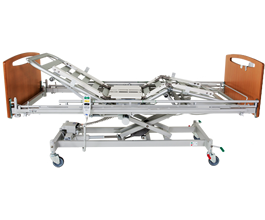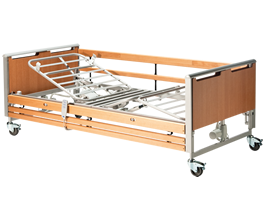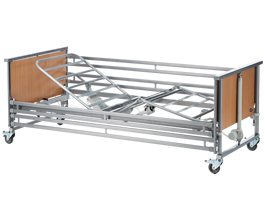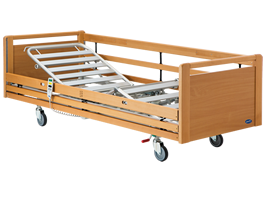Dementia is an umbrella term, not a disease within itself but caused by different diseases that affect the brain. Dementia can make aspects of everyday life very difficult. It can impact day to day memory, concentration, planning, language, visual perception and cause mood swings. Dementia cannot be treated or cured A1:C14 minor adjustments in care and surroundings can ease the life for those experiencing these affects.The number of people suffering from dementia is increasing at a staggering rate. It is expected the number of cases will increase from 5.3 million in 2005 to 8.4 million in 2035, in Western Europe alone. While the increase in prevalence correlates to the fact that our population is aging, dementia is not a natural part of aging and younger people can also be diagnosed. Similarly, often dementia can develop in people that are physically fit for their age. Dementia can be catastrophic to the individual and very difficult for loved ones and carers to manage. The symptoms can force otherwise healthy people into a totally dependent lifestyle. The list of conditions including loss of memory, confusion, lack of orientation and anxiety makes daily life extremely difficult for both the cared for and the carer. With improved knowledge and greater understanding, new methods, equipment and healthcare protocols have been developed to ease some of these symptoms, to help patients remain as independent as possible and provide comfort and security. Get a better understanding of dementia by watching our video below and downloading our information documents.



